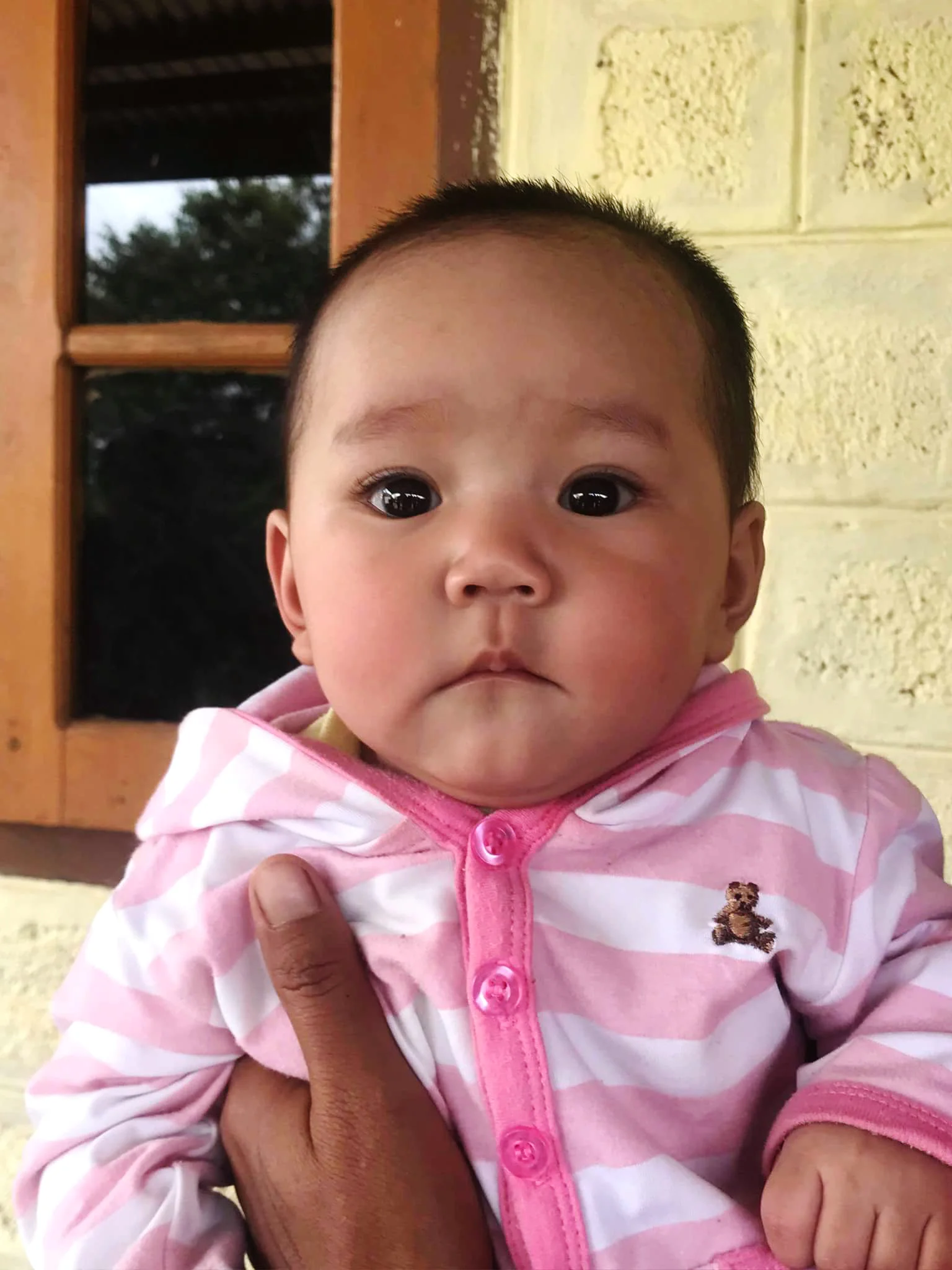Part 1 of 4
Single Mothers in Myanmar
Being a single mother in any country can be a huge challenge. Parenting is not an easy job with two parents, and when support isn’t available, it’s easy for new mothers to feel overwhelmed and disheartened. Many people still don’t realise that single mothers can do an amazing job of providing children with everything they need to grow up happy, healthy and strong.
In Myanmar, many young unmarried mothers facing pregnancy alone face serious stigma from their communities. In a conservative country where sex is still a taboo subject, young women who find themselves pregnant are routinely ostracised by those around them. This can lead to their families hiding them from their communities until the baby is born and can be disposed of, or shunning her altogether, should she choose to keep her child.
These social issues can lead to child abandonment, and babies who are born under such circumstances are often handed over to hospitals, orphanages or children’s homes. In the worst of cases, children have been left outside to die. Women who abandon their children often do so under immense pressure from their families. A lack of government services means that when a family is unwilling to help a single mother she is often left to fend for herself, although it is now possible for some single mothers to find refuge in shelters.
Introducing Cherry
Last year, we heard that a baby had been relinquished to an orphanage immediately following her birth. Her mother was very young and had been deserted by the father following news of the pregnancy. In the case of this particular ethnic group, and as often is the case in Myanmar, this pregnancy carried with it a lot of shame and stigma for the family. Because of this the pregnancy was hidden from the community. When the time came for the baby to be born, the family took their daughter to a backstreet clinic in a nearby city, and immediately following the birth handed the baby over to an orphanage director and his wife.
Orphanages are ill-equipped to take care of newborns, and after a month at the orphanage Cherry had to be admitted to a local hospital with stomach problems. These health problems came as a result of being given unsuitable nutrition for her age. We were able to visit Cherry in hospital and reported the case to the appropriate government agency, in the hope that they would find suitable foster or adoptive parents.
Babies who are admitted to orphanages face even greater challenges than older children. Children under three who spend time in institutional care without a consistent caregiver, are deprived from the intensity of care that they would usually receive from a parental figure. Neglect at this early age has a lasting impact not only on the child’s physical health, but also on the child’s development and wellbeing. This can lead to major social problems later on in life. It was a priority to get Cherry out of institutional care and into the care of a family.
Family and community acceptance can change the narrative.
While these situations can seem hopeless and frustrating, families and communities in Myanmar have the power to change this narrative. If families can find ways to work through social stigma and welcome a new child into their home, this support will greatly help the new mother, and can make the difference between a child being brought up by a loving family, or an institution. Every child has the right to a loving family.
Over the coming weeks we will be sharing the rest of Cherry’s story, stay tuned for more!


